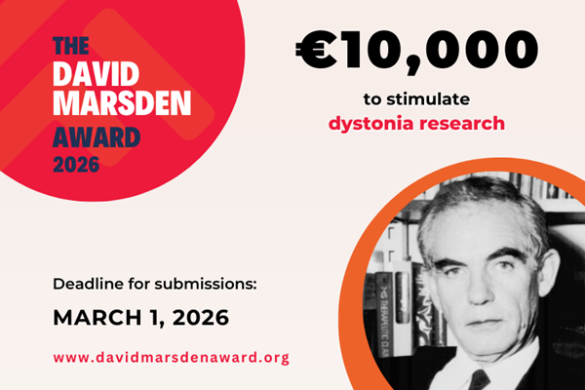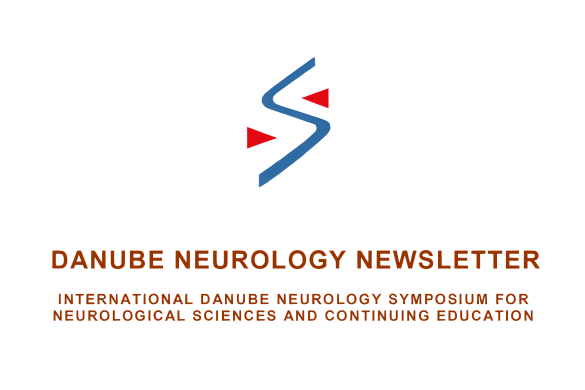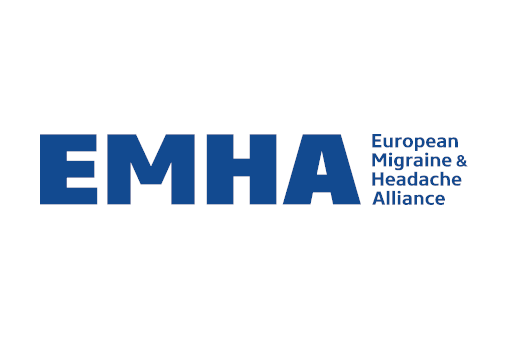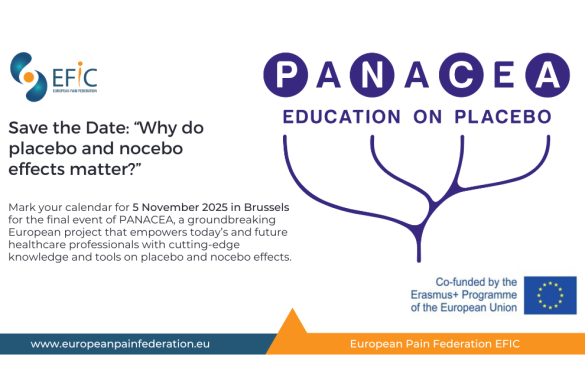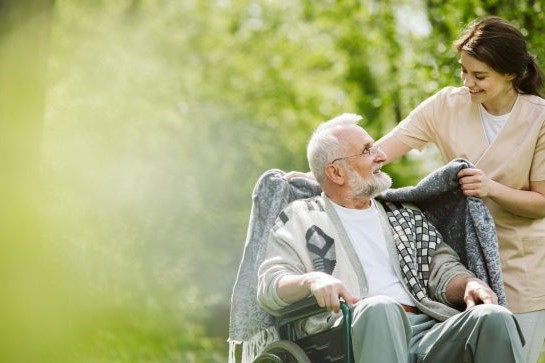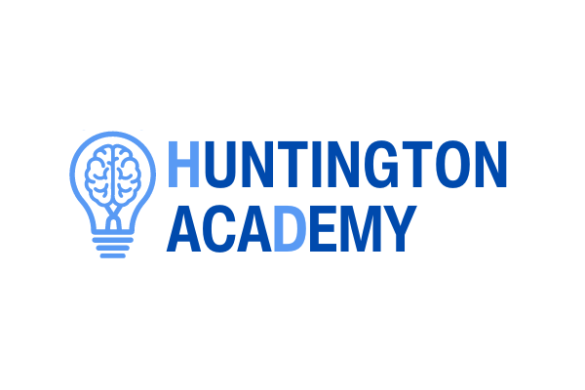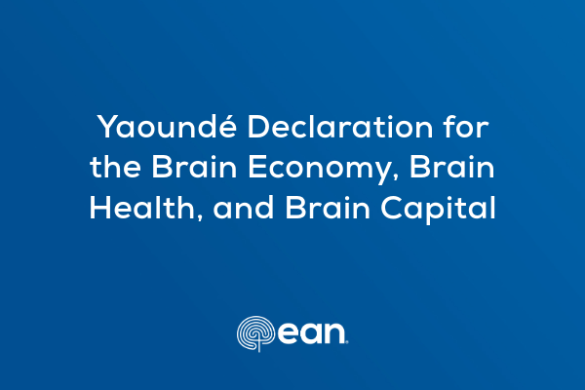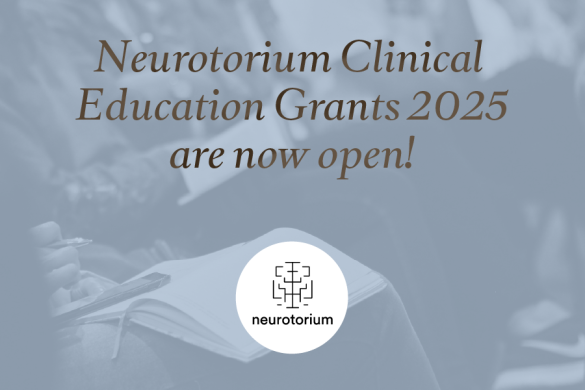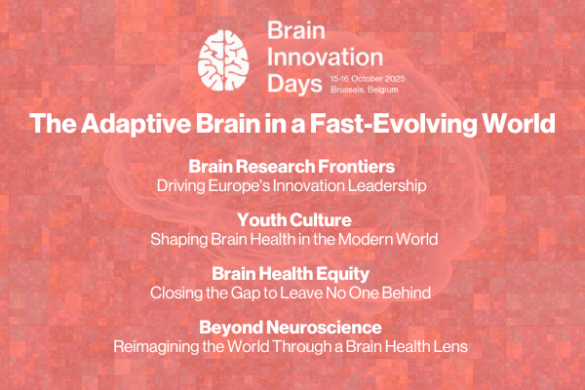by Wolfgang Grisold
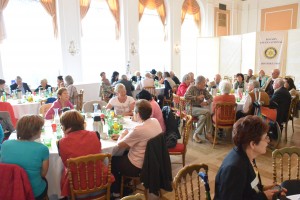 This September the World Congress of Neurology (WCN) 2013 will take place in Vienna jointly with the EFNS and the Austrian Society of Neurology.
This September the World Congress of Neurology (WCN) 2013 will take place in Vienna jointly with the EFNS and the Austrian Society of Neurology.
And for the first time in the history of congresses of the World Federation of Neurology (WFN) a patient day will be held at the Congress site on Saturday, September 21st.
The patient day will be opened by the president of the WFN Professor Vladimir Hachinski and by Professor Richard Hughes, president of the EFNS, thus signalling the high value and interest for this event.
Patient days are momentous occurrences within congresses where new developments in the field will be presented by distinguished speakers. These submissions are then followed by discussions and also the audience gets a chance to ask questions.
For this patient day we choose as first demonstration a video presentation of a patient suffering from a tumour of the brain and how she is experiencing the disease. This item will be followed by three other presentations dealing with major problems of neurology (such as stroke, Parkinson’s disease, MS).
After each display there will be time enough to discuss the expositions.
The presentations will be held in German language.
Austrian groups and associations for specific diseases (e.g. MS, stroke, Parkinson’s disease) will be invited and also the OEGN website and other media will inform about this event.
Within the EFNS a patient awareness day in cooperation with EFNA already has tradition. The first awareness day took place 2003 in Helsinki/Finland with the aim of translating patients’ needs into a dialogue towards better medical care and quality of life. Since then it has become a permanent institution.
For the World Federation of Neurology this will be a new type of meeting aimed at including patients and carers in all regions of the world, assess their needs and receive their input for the improvement of neurological services.
There are also several other aspects to look into at patient days. One of them is to inform patients and carers in a quick and efficient way of new developments of diseases. This is important, as patients and carers often get information from media, from websites and it may be difficult to filter out what is the right information. Conversely, and perhaps more important is the fact that the medical profession needs to know what patients need to know, and what patients’ and carers’ questions are. This is an important input, which compared to the quality driven care we are experiencing in the Western medical systems, seems widely neglected.
Also many aspects of the relation of patients/ carers with physicians are changing.
Medicine developed from a patriarchal defined structure into patient autonomy, followed by a sometimes overarching bureaucracy into an “in-between” model of physician-patient/carer interaction. It is more important than ever that physicians and patients find ways to communicate and work together. There is also a strong movement in European specialist societies to have patient representatives in their boards and in many European guideline committees patient representatives are an important constituent.
Another important way to look at this type of meetings is advocacy. Advocacy has an important role for physicians to communicate needs of health matters in local and also national institutions and bodies. The basic source of need in all matters of health issues are the needs of patients and carers and this mandate needs to fuel further progress in medicine and in health structures. Health structures are depending on policy and the role of advocacy is to make needs of patients/carers and health professionals heard. And the circle moves beyond, as the interests and needs of neurological patients need to be publicly voiced to improve treatment and support.
Finally, and this is the summary of this task, informed patients will be better partners in fighting neurological diseases.
http://www2.kenes.com/wcn/congress/Pages/Patients_Awareness_day.aspx




